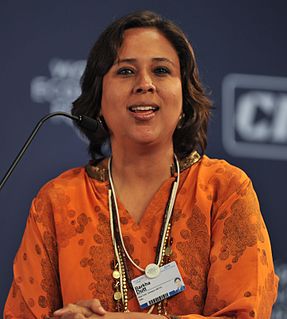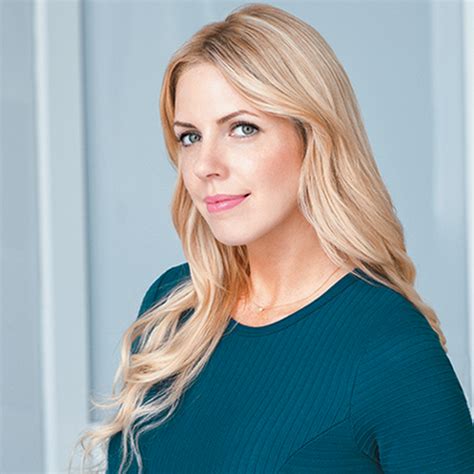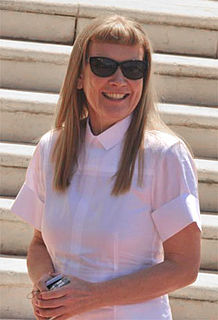A Quote by Molly Antopol
In a sense, any story that anyone writes is going to be autobiographical - whether it deals directly with the author's experience or not - because it captures what we're obsessed with while working on that particular piece.
Related Quotes
Whether the author intended a symbolic resonance to exist in her book is irrelevant. All that matters is whether it's there. Because the book does not exist for the benefit of the author, the book exists for the benefit of YOU. If we as readers can have a bigger and richer experience with the world as a result of reading a symbol and that symbol wasn't intended by the author, WE STILL WIN.
I don't know why one author writes westerns while another writes detective novels. You don't know why. You go where the intensity is. I feel most comfortable writing about monsters. It's possible that I feel like a monster myself. Or maybe it's because we all have a monster inside of us, a vampire, a ghost, a witch or a werewolf. You do it because it works and it feels really right and authentic.
Like most filmmakers and writers, there are roots in my own life, but they are stories that I invent. There was a period of time in my life when I made directly autobiographical films where I truly told what happened to me. But, now, I don't make directly autobiographical films anymore. I am more for renouncing that and being in front of history. The large part of my work tells about something I know. It's close.
I have a perhaps naive point of view informed by my own kind of snowflake-in-the-unique-sense rather than the political sense, personal story. I mean I feel like my experiences are so hard to map onto any kind of generalized identity. For example, I'm a black person, but I come from a very particular black experience which is not unlike the experience of the Barack Obama. I have an African mother and a white father and I feel like I have a different experience of being a black person as a result of that identity than someone who is from the descendants of slaves.
It is the shared experience - [although] you're the conduit of the sound, the recipient is also in some way the author of the work, because if they weren't the author of the work they wouldn't be able to recognise it as an experience, you could argue. The more distance you can put between yourself and having any kind of objective the more likely it is to appear.





































